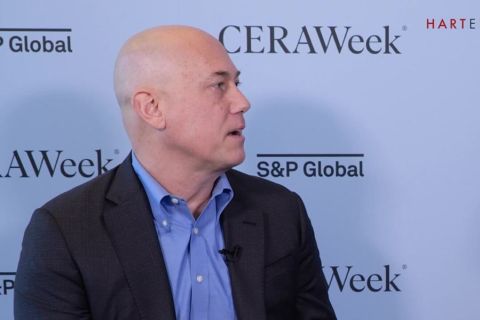The FOMC relented today and kept the federal-funds rate unchanged at 2%. The message is either that the FOMC feels a lower rate is ineffective or that it believes the tide has turned. It is likely that the motivation is the former, rather than the latter. A lower rate is virtually ineffective in stimulating markets, especially when the street cost of money has not been falling in step with the reduced federal-funds rate this year. Banks are enjoying cheaper money but they're not completely passing that along to their borrowers. Also worthy of note on today's FOMC meeting: Richard Fisher voted against again. He continues to favor a hike in the rate. Meanwhile, the other recent dissenter, Charles Plosser, was won over this time. He, with Fisher, had voted against the last two cuts. Plosser last favored the rate at 3% earlier this year. Here is the statement today from the FOMC. The statement does not include comment on the discount rate. "The Federal Open Market Committee decided today to keep its target for the federal funds rate at 2 percent. Recent information indicates that overall economic activity continues to expand, partly reflecting some firming in household spending. However, labor markets have softened further and financial markets remain under considerable stress. Tight credit conditions, the ongoing housing contraction, and the rise in energy prices are likely to weigh on economic growth over the next few quarters. "The Committee expects inflation to moderate later this year and next year. However, in light of the continued increases in the prices of energy and some other commodities and the elevated state of some indicators of inflation expectations, uncertainty about the inflation outlook remains high. "The substantial easing of monetary policy to date, combined with ongoing measures to foster market liquidity, should help to promote moderate growth over time. Although downside risks to growth remain, they appear to have diminished somewhat, and the upside risks to inflation and inflation expectations have increased. The Committee will continue to monitor economic and financial developments and will act as needed to promote sustainable economic growth and price stability. "Voting for the FOMC monetary policy action were: Ben S. Bernanke, Chairman; Timothy F. Geithner, Vice Chairman; Donald L. Kohn; Randall S. Kroszner; Frederic S. Mishkin; Sandra Pianalto; Charles I. Plosser; Gary H. Stern; and Kevin M. Warsh. Voting against was Richard W. Fisher, who preferred an increase in the target for the federal funds rate at this meeting." –Nissa Darbonne, Executive Editor, Oil and Gas Investor, A&D Watch, Oil and Gas Investor This Week, www.OilandGasInvestor.com; ndarbonne@hartenergy.com
Recommended Reading
Defeating the ‘Four Horsemen’ of Flow Assurance
2024-04-18 - Service companies combine processes and techniques to mitigate the impact of paraffin, asphaltenes, hydrates and scale on production—and keep the cash flowing.
Tech Trends: AI Increasing Data Center Demand for Energy
2024-04-16 - In this month’s Tech Trends, new technologies equipped with artificial intelligence take the forefront, as they assist with safety and seismic fault detection. Also, independent contractor Stena Drilling begins upgrades for their Evolution drillship.
AVEVA: Immersive Tech, Augmented Reality and What’s New in the Cloud
2024-04-15 - Rob McGreevy, AVEVA’s chief product officer, talks about technology advancements that give employees on the job training without any of the risks.
Lift-off: How AI is Boosting Field and Employee Productivity
2024-04-12 - From data extraction to well optimization, the oil and gas industry embraces AI.
AI Poised to Break Out of its Oilfield Niche
2024-04-11 - At the AI in Oil & Gas Conference in Houston, experts talked up the benefits artificial intelligence can provide to the downstream, midstream and upstream sectors, while assuring the audience humans will still run the show.





